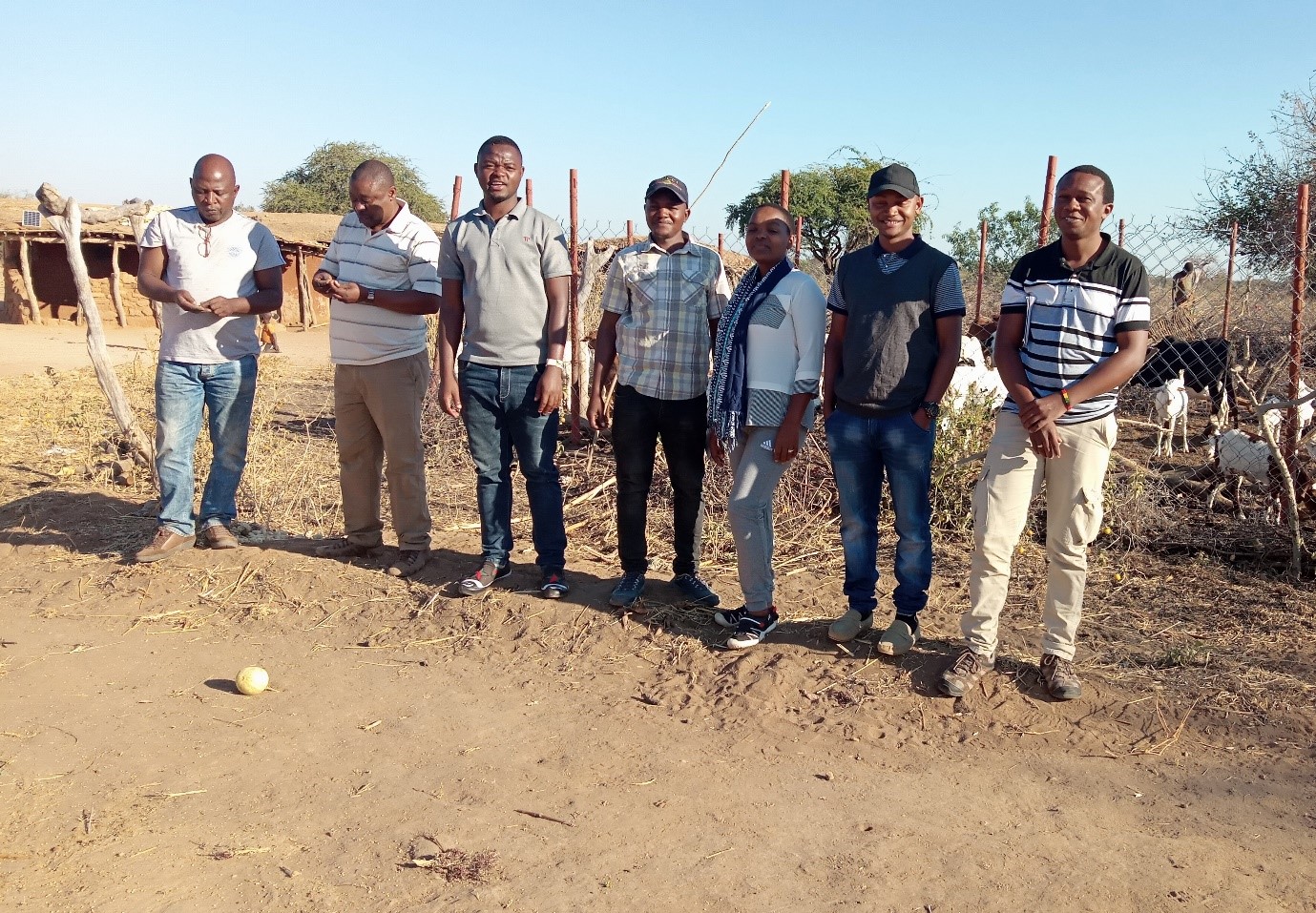The project implemented in collaboration Sokoine University of Agriculture (SUA) and as supported by funding from SUA Research and Innovative Support (SUARIS). The project identified communities’ attitudes and beliefs toward pangolin finding variations across different ethnic groups. The project also assessed the spatial and temporal distribution of pangolins identifying potential habitats for pangolins, micro-habitats with more frequent pangolin encounters and the seasons and times of day with the highest probability of encounters. Finally, the project mapped the trade flow of pangolin and pangolin derivatives identifying the presence of both local and international trade network of pangolin and pangolin derivatives. Source and destination, business actors, factors influencing engagement and business nature of pangolin and pangolin derivatives have studied. Findings from this study used to provide appropriate recommendations and propose interventions that would help to conserve and protect pangolins from extinction.
TRCO is still sourcing funds to extend the ecological research and monitoring programs in other part of the Ruaha Rungwa Ecosystem. TRCO committed to conduct ecological research and monitoring programs to further understand the ecological realities of pangolin including knowledge, attitudes, believes, population structure, activity pattern and trade flow. To build capacity of conservation practitioners’ local community on proper handling of recued pangolin, to combat Illegal trade of Pangolin and Pangolin products and conducting community outreach and education programs and capacity building to create awareness about pangolin conservation and enhance human pangolin coexistence in the Ruaha Rungwa Landscape.
Publications
Three manuscripts are developed from this project, of which their titles are;
- Identification, attitude and beliefs toward pangolins in the Ruaha-Rungwa ecosystem, Tanzania
- Spatial and temporal distribution of pangolins in Tanzania. Evidence of variation across land use types, human activities, and time
- Hunting pangolins: a case study of pangolin use and trade in the community adjacent to Ruaha National Park, Tanzania.

Researchers from TRCO team with Research assistants in preliminary data collection at Mafuluto village, which is adjacent to Ruaha National Park. The survey was conducted to explore the knowledge, products, uses and trade flow of pangolin in the Ruaha -Rungwa ecosystem [Photo; Jacob David, 2021]
Photo showing the pangolin scale, one of our respondents from Ruaha used to keep it inside his house for the purpose of good luck and protection against evil spirits. [Photo; Hillary Mrosso, 2021]

